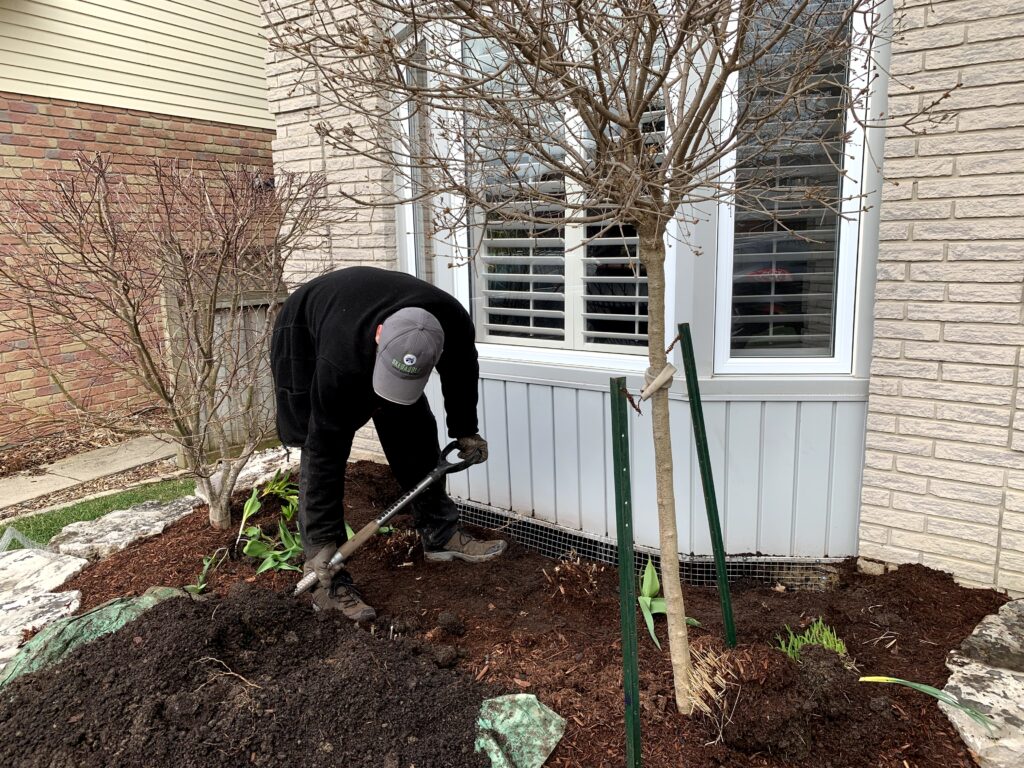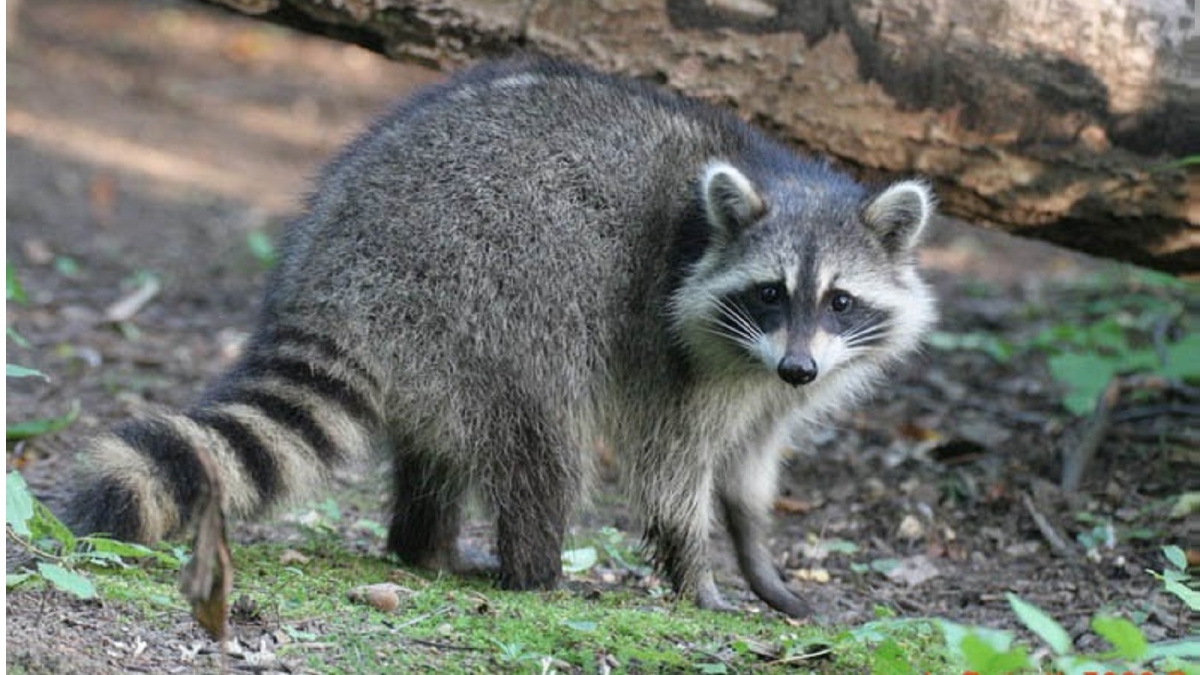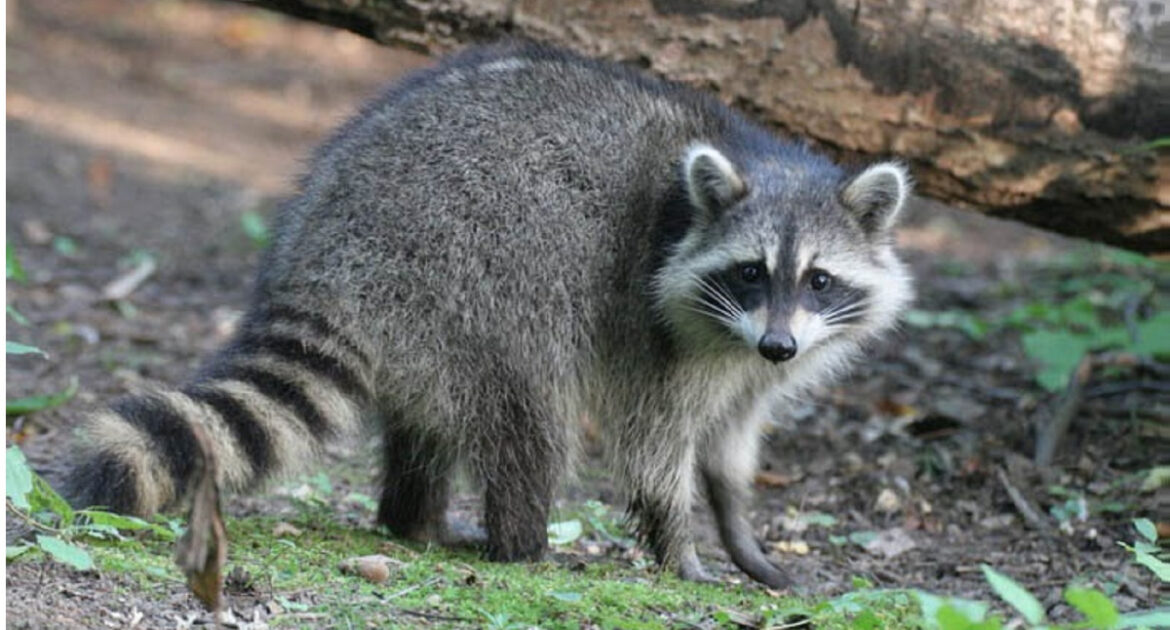Placing potted plants around your yard is a good way to beautify your property. If you find the pots turned over or the plants ripped up, it can be distressing. The culprits behind the vandalism could be raccoons, meaning that you could need raccoon removal because, if they are already on your property, chances are that they could have made their way into your home. Here are some things you need to know about raccoons and potted plants.
Why Do Raccoons Destroy Potted Plants?
Raccoons do not destroy potted plants without a reason, and the reason is the motive behind most of their actions: finding food. Raccoons are omnivores, meaning that they can eat both meat and vegetable matter, and they also have very keen senses that can help them find food. In the case of potted plants, it probably isn’t the plant itself that is attracting them, unless you are growing garden vegetables in pots. More likely, the raccoon is able to smell small animals, such as grubs and snails, living in the pots and digs into them to find and eat them. Garden pests are among a raccoon’s favourite foods.
Surprisingly, it may actually be the dirt that is attracting the raccoon rather than the plant. Potting soil is often fortified with many different nutrients to help the plants grow better. These include ingredients sourced from fish. With their sensitive noses, raccoons can detect the fish smell even when humans cannot and may go rooting around in the pots and planters looking for the food that their noses tell them is there. If they find snails or grubs in the process, it tells them that the planters are a potential source of food, even if it is not the food they expected, and they may keep coming back.
What Can You Do To Keep Raccoons Away From Your Potted Plants?
If you plant a garden in your yard, one way to keep raccoons out is to install chicken wire fencing around it. This way, you get to control what does or does not go into it. Raccoons don’t like plants that give off strong odours because they make it harder for them to find food, so you could include some of these among your potted plants.
You can avoid attracting raccoons to your yard in the first place if you get rid of potential food sources around your property. For example, feed your pets inside so their food doesn’t attract raccoons. Get rid of bird feeders or use the kind with a baffle and clean up any spilled seed. Pick up any fallen fruits or nuts from trees in your yard as soon as possible. If you grow fruits or vegetables, whether in planters or out in the yard, harvest them as soon as they are ripe. Secure your compost bin and store trash in tightly sealed containers, keeping them inside as much as possible.
Raccoons in your yard are more likely to get inside your house. Therefore, be proactive in looking for and sealing off any possible entry points. Don’t ignore holes that you think are too small for raccoons. In the first place, they could allow smaller animals to get in, and in the second place, raccoons could use their dexterous paws to make the openings bigger.

Skedaddle not only helps with wildlife control in Hamilton; we also perform exclusion, which is the process of sealing off potential entry points. Our technicians are trained to find openings that you may miss, so call us for raccoon removal or prevention.




